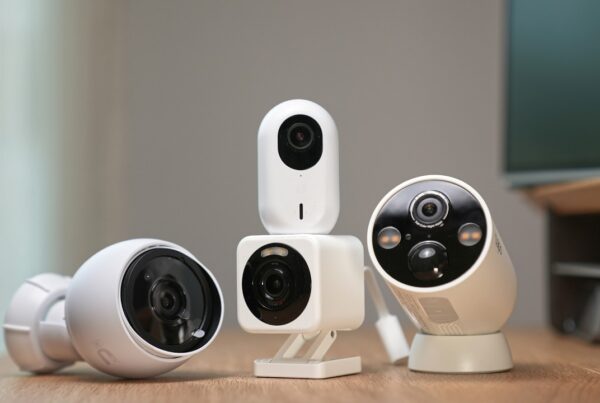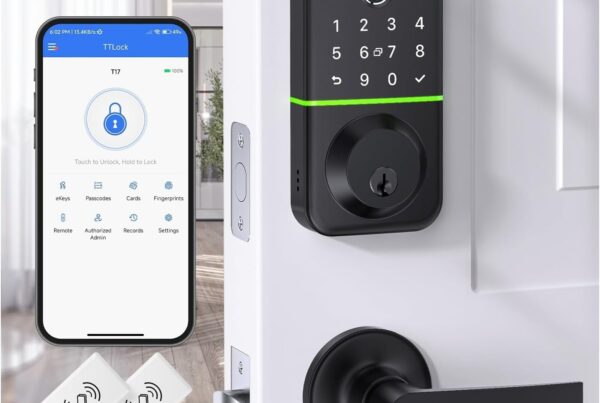Smart home network security is essential to keeping your connected devices safe from hackers and cyber threats. With more homes relying on automation for convenience and efficiency, securing your smart home network is more important than ever. Without proper security measures, cybercriminals can exploit vulnerabilities, access personal data, and even take control of smart devices. In this guide, we’ll explore the best ways to enhance smart home network security and protect your digital space.
1. Strengthen Your Home Network Security with a Strong Wi-Fi Password
A weak Wi-Fi password makes it easy for hackers to access your smart home network. Ensure your password is long, complex, and unique, combining uppercase and lowercase letters, numbers, and symbols. Avoid common passwords like “password123” or “admin.”
2. Use WPA3 Encryption for Maximum Home Network Security
Encryption is crucial for securing home networks. WPA3 is the latest and most secure encryption standard available. If your router supports it, enable WPA3 to prevent unauthorized access. If not, use WPA2 as the next best option.
3. Set Up a Separate Network for Smart Devices
Many modern routers allow you to create a guest network. Improve smart home network security by keeping smart devices on a separate network from personal computers and mobile devices. This limits the potential damage if a hacker breaches one of your smart devices.
4. Keep Your Router’s Firmware Updated
Router manufacturers regularly release updates to fix security vulnerabilities. Check for firmware updates frequently and enable automatic updates if possible. A well-maintained router strengthens smart home network security against cyber threats.
5. Change Default Login Credentials on All Smart Devices
Many smart home devices come with default usernames and passwords that are easy to guess. Change these credentials immediately after setup to prevent unauthorized access and enhance smart home network security.
6. Enable Two-Factor Authentication (2FA) for Extra Protection
Two-factor authentication (2FA) adds an extra layer of security to your smart home accounts. Even if a hacker gains access to your password, they will need a second verification code to log in. This makes it significantly harder to breach your home network security.
7. Use a Smart Home Hub for Centralized Security
Instead of connecting all your devices directly to your router, consider using a smart home hub with advanced security features. NeuraHomes provides a secure, encrypted platform that helps protect your smart devices from cyber threats.
8. Disable Unnecessary Remote Access Features
Some smart home devices have remote access enabled by default, which can be an entry point for hackers. If you don’t need remote access, disable it to enhance your smart home network security.
9. Install a Firewall and Network Security Software
Firewalls act as barriers between your network and external threats. Most routers come with built-in firewalls—make sure yours is activated. Additionally, consider using network security software to detect and block suspicious activity.
10. Monitor Your Smart Home Network Security Regularly
Regularly check all devices connected to your network. Remove any you no longer use and review your router’s activity logs for any unusual connections. Proactively monitoring your network can help prevent cybersecurity risks before they become a problem.
Final Thoughts
Smart home network security should be a top priority for every homeowner. Implementing these best practices will help you protect your devices from cyber threats, ensuring a safe and secure smart home. With NeuraHomes’ cutting-edge security solutions, you can enjoy the benefits of smart home automation without compromising your digital safety.




